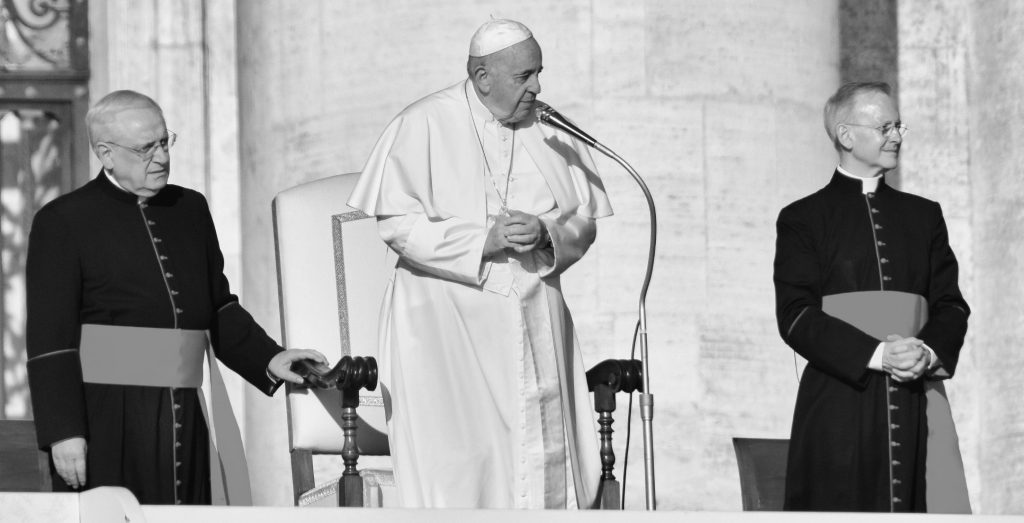Introduction
In a world often marked by hustle and bustle, where compassion can be scarce, the concept of mercy takes center stage in the Catholic faith. This blog post delves into the profound significance of embracing mercy in our daily lives from a Catholic perspective.
Understanding Mercy
Mercy, in the Catholic tradition, is not merely an abstract concept; it’s a transformative force that flows from the heart of God. At its essence, mercy is the willingness to enter into the chaos of another’s life, offering understanding, forgiveness, and love.

The image of the Divine Mercy, with rays of red and white symbolizing the blood and water that flowed from Jesus’ side, serves as a visual reminder of the boundless mercy that Catholics believe God extends to humanity.
Mercy in Action
How do we translate this divine mercy into our daily lives? It’s not a lofty ideal reserved for grand gestures; rather, it’s found in the small acts of kindness, forgiveness, and compassion that permeate our interactions.

Every act of kindness is a reflection of God’s mercy
From lending a helping hand to a neighbor to offering a forgiving heart in moments of conflict, every act of mercy becomes a tangible expression of our faith.
Receiving and Extending Mercy
Embracing mercy is a reciprocal process—receiving it with humility and extending it with grace. It’s acknowledging our own imperfections and, in turn, offering understanding to others in their moments of need.

The sacrament of reconciliation, where individuals confess their sins and receive God’s mercy, is a powerful embodiment of this reciprocal relationship. It’s a humble acknowledgment of our need for divine mercy and a commitment to embody that mercy in our interactions with others.
Quotes from Church Leaders
Let’s draw inspiration from the words of Saint Pope John Paul II, who eloquently stated, “Do not be afraid of new beginnings. Be creative. Be inventive. Fear not. The Lord has allowed you to live in this moment of history so that, by your faith, his name will continue to resound throughout the world.
These words remind us that embracing mercy requires a fearless and creative approach to our interactions, allowing the light of God’s mercy to shine through us.
Mercy and Social Justice
Mercy isn’t confined to personal interactions; it extends to the broader realm of social justice. The Catholic Church, with its rich tradition of social teaching, calls believers to advocate for justice, alleviate suffering, and stand with the marginalized.

“Mercy compels us to stand against injustice and work towards a more compassionate society.”
Whether it’s addressing issues of poverty, inequality, or discrimination, mercy impels Catholics to be agents of positive change in the world.
Conclusion
Embracing mercy in our daily lives isn’t just a virtue; it’s a transformative way of being. It’s an acknowledgment of our shared humanity, our need for forgiveness, and our capacity to extend grace to others. From the smallest acts of kindness to advocating for justice on a global scale, embracing mercy is a powerful testament to the love that lies at the heart of the Catholic faith.
As we navigate the complexities of our daily existence, may the spirit of mercy guide our actions, foster reconciliation, and inspire us to be beacons of compassion in a world often in need of God’s loving mercy.


